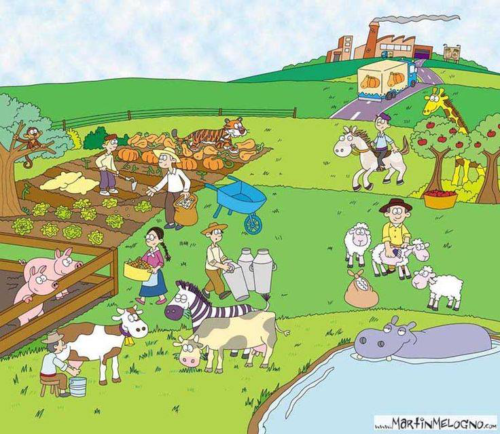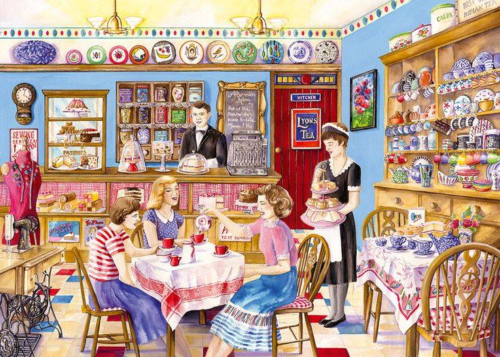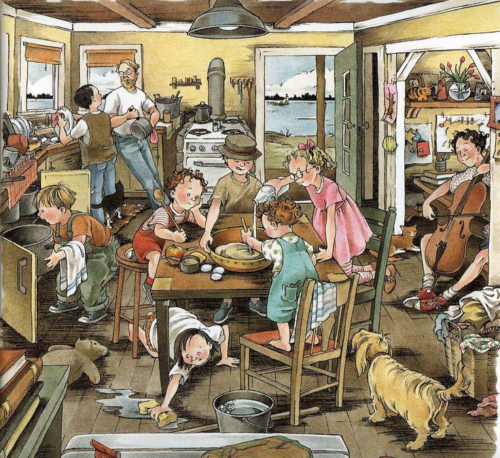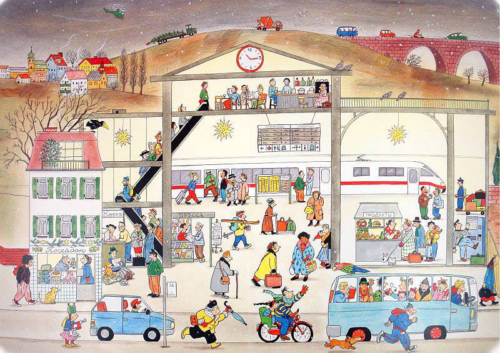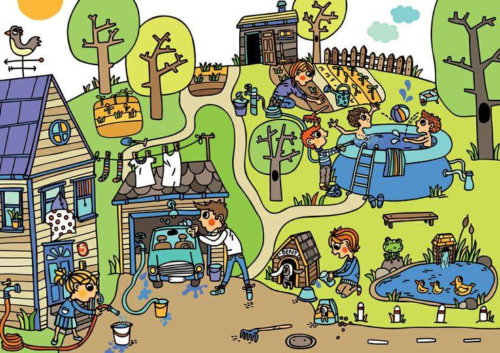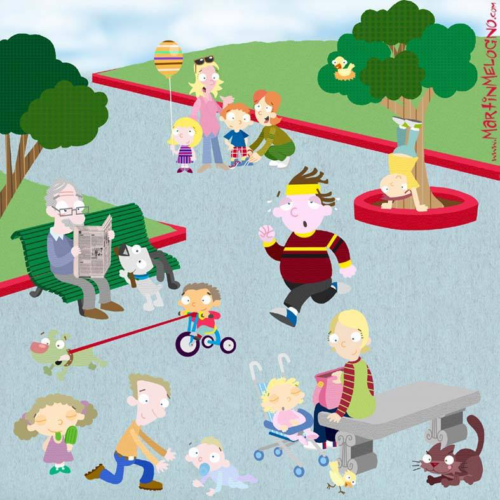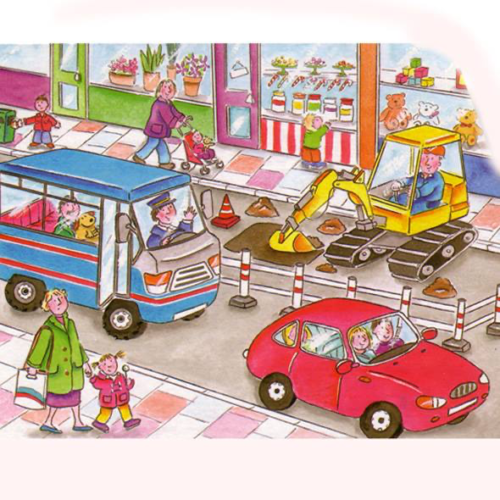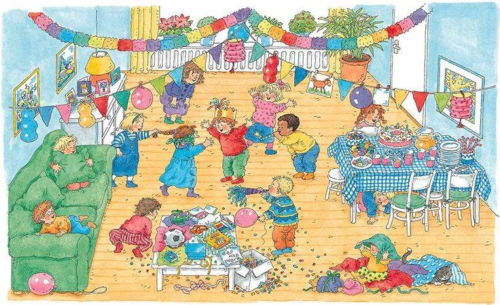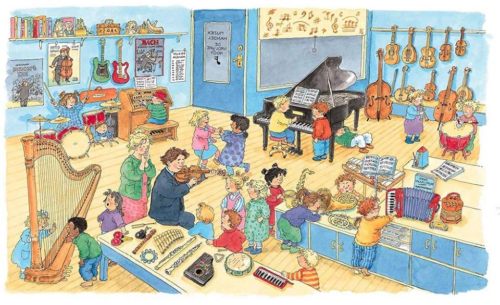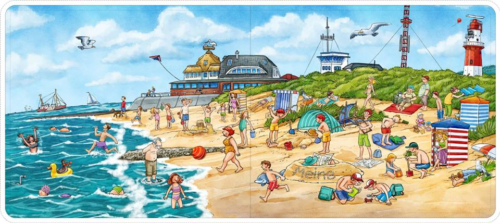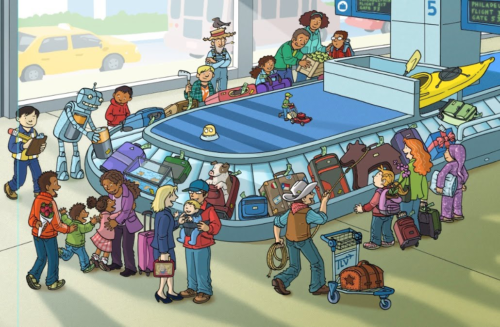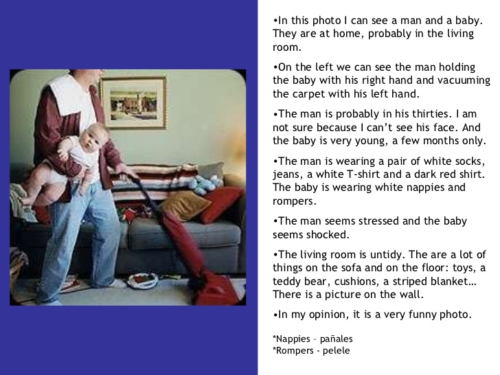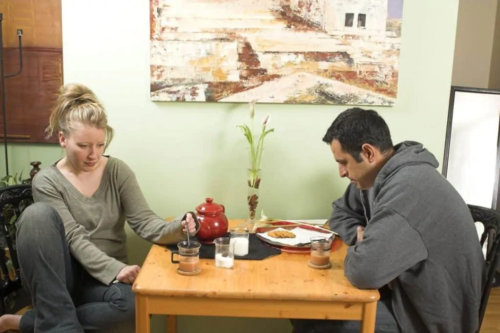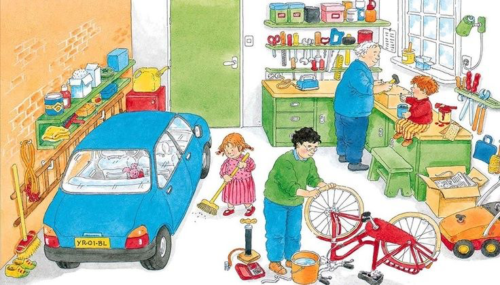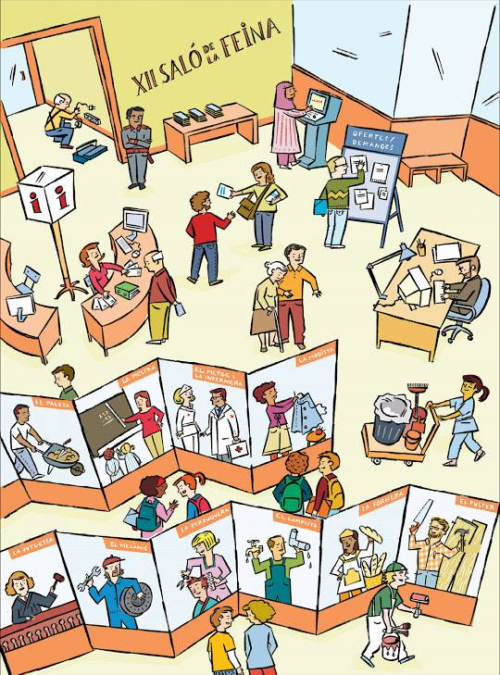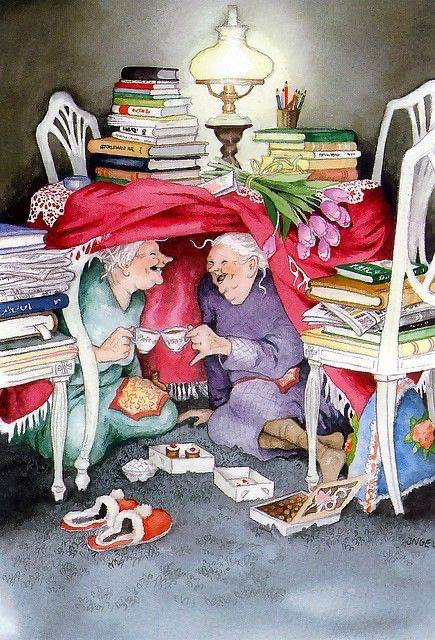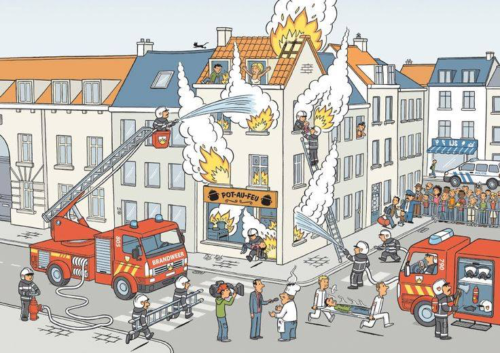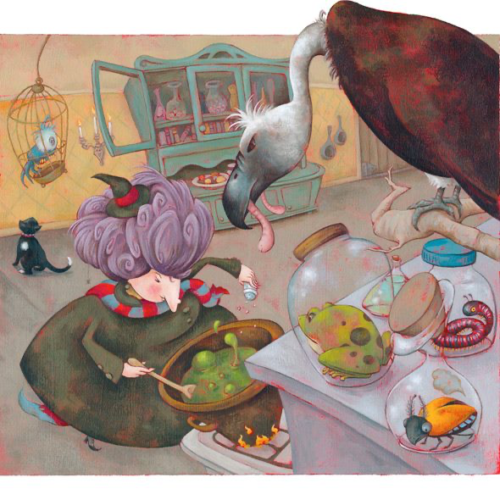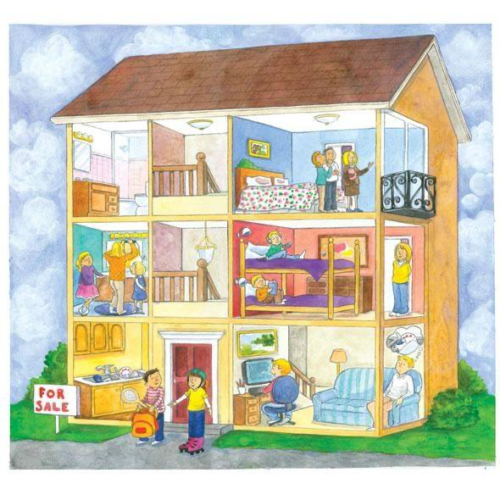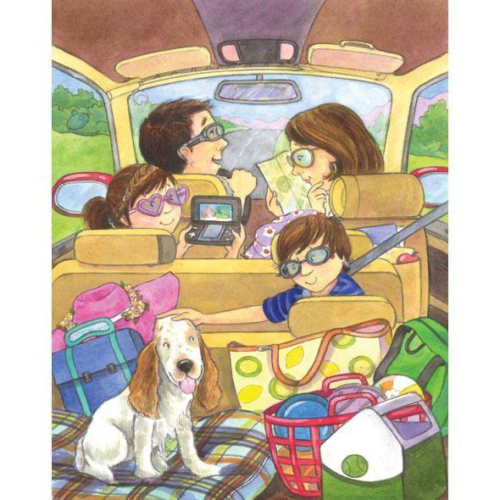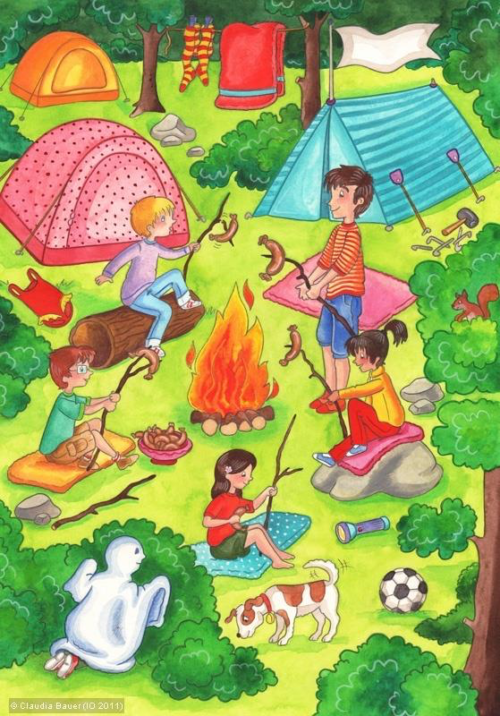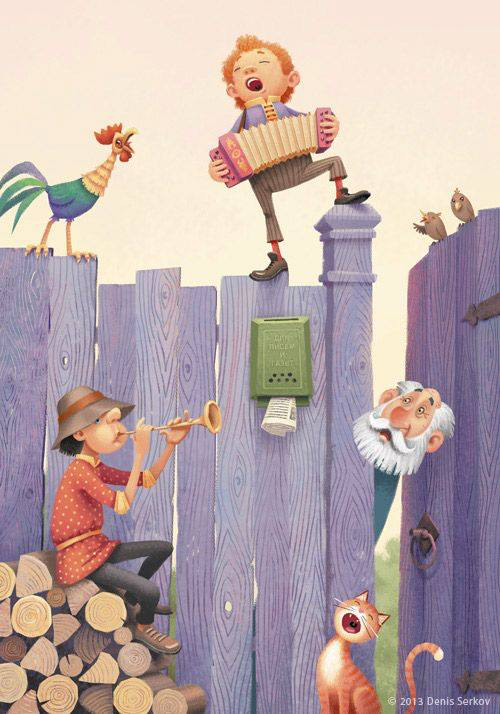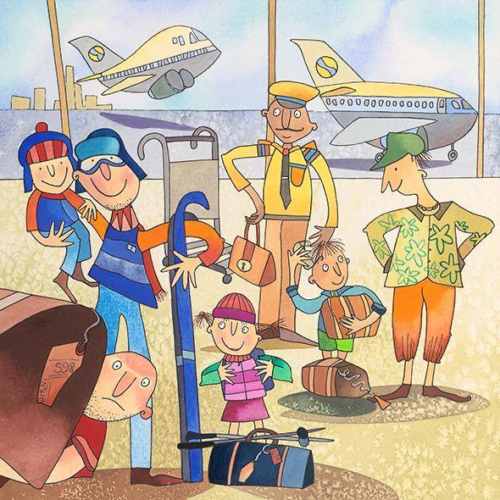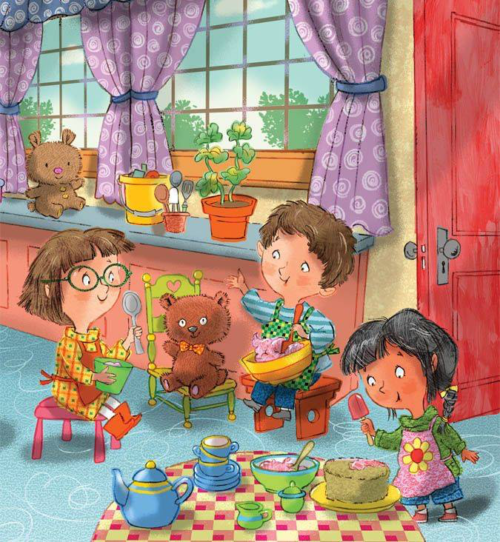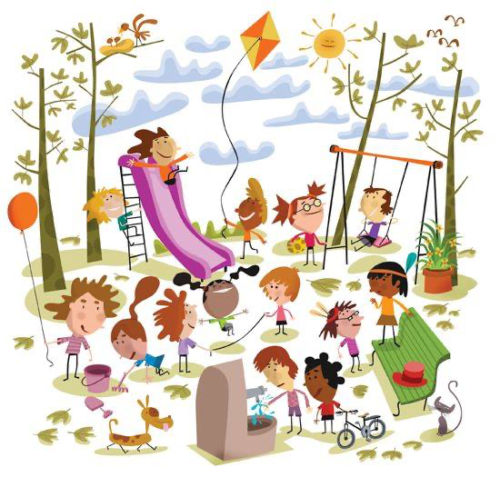Wéi ech fir dem Sproochentest preparéiert hunn…
Critiques and corrections welcome!
Two vocabulary lists that I used for drills, also attention to pronunciation:
- Sproochentest_Lexicon_share (PDF)
- Sproochentest_Vocab_share (PDF)
- Please keep in mind two important things: First, I created these lists specifically for the things I found difficult to retain. Second, a big part of the preparation was in making these lists, not just reviewing them!
Grammar reference sheet that I carry around: Luxembourgish Grammar Sheet 2022
Recommendations for practice with listening. This is important for both sections of the exam. I listened repeatedly until I understood the whole conversation or report. It often took many repetitions!
- Audio for A2 book “Schwätzt Dir Lëtzebuergesch?” — audio links for each Kapital
- 100 komma 7, anything that interests you. I would listen once without the transcript, then follow along with the transcript, and then repeat without the transcript (as much as possible) until I felt comfortable. Don’t get bogged down in knowing every single word! This is good practice for giving correct answers in the tablet section of the exam. For example, I found this editorial engaging enough to listen many times (as well as clearly spoken). The “Lauschteren” link is usually at the bottom and opens a new window.
- RTL traffic: Know all the words and grammar from the traffic ticker. I wasn’t able to find traffic reports broken out, so your best bet might be the Newsflash archive. Written reports on crashes and violations are under “News -> National” rather than “Mobilitéit”.
Drawings and photos for descriptions*
Be sure to describe, for each photo: the structures and the environment (e.g. the weather), specific individual persons, and specific activities by those people. In the Sproochentest, I was given a choice from three photos from the real world, not drawings. (Like this example on the official description page.)
Simpler photos for easier practice
Additional resources:
- Review PPTs and personal notes from A2.2 INLL course – available on Moodle
- Easier listening practice: Fox a Fonzi episodes and Kannaniuuss episodes
Habits for preparation:
- I reviewed grammar using the games and exercises on Exercice.lu. They are old-fashioned and clunky, but they worked very well for me.
- I silently described the world around me as I commuted.
- I didn’t find YouTube videos an effective way to prepare for the exam, although I find them generally helpful for reviewing grammar and pronunciation. I did like to take a break from intense study by watching content from Luxembourgish creators and not worrying about understanding everything: Uelzechtkanal, LAM, Stemm vun der Strooss, videos from local museums, shows on RTL Play like Et wor emol, Augesat, and Eist Wellt. Tiktok has good stuff. Music videos on YouTube too.
What I could have done better:
- Drill more on past tense, so the words flow (fléissend) when telling a story or about how things worked in my country of origin.
- Practice more on introduction basics (e.g. my name, how long I’ve lived in Lux).
Additional online resources I found useful:
*These images are reproduced here under fair use for non-commercial educational purposes. Artists welcome to contact me to remove an image or claim attribution.
